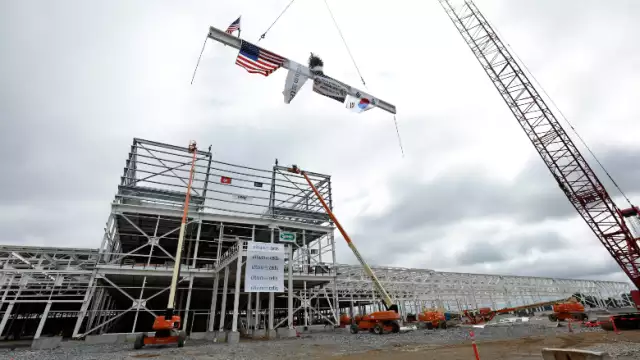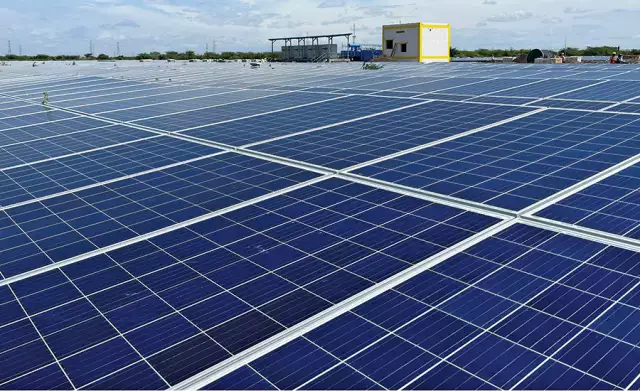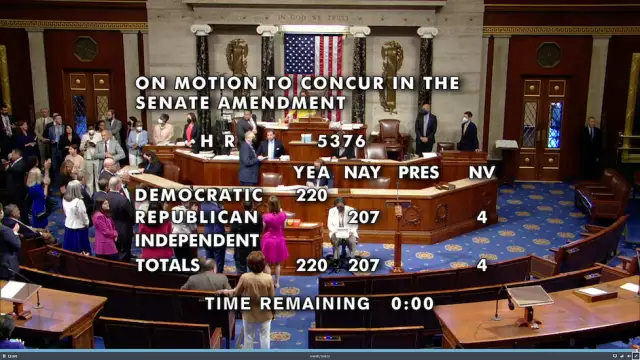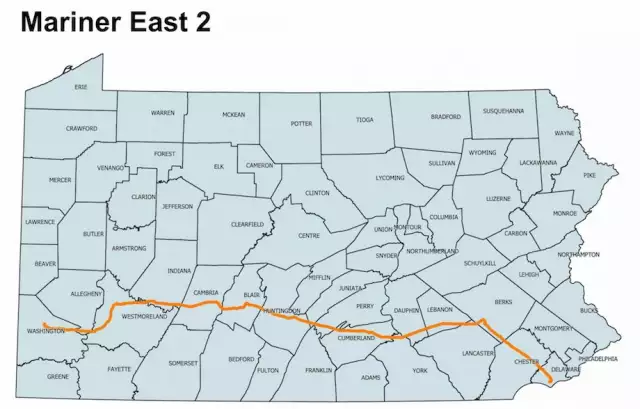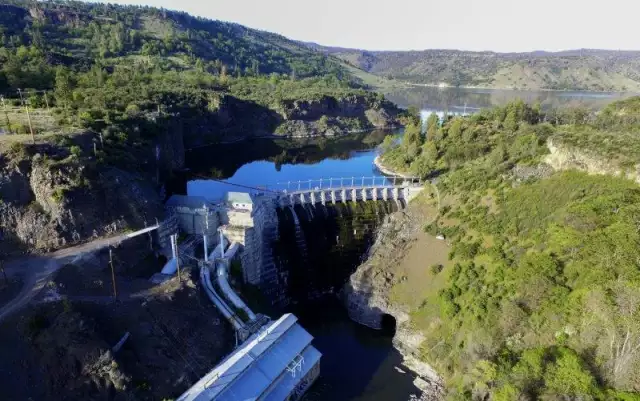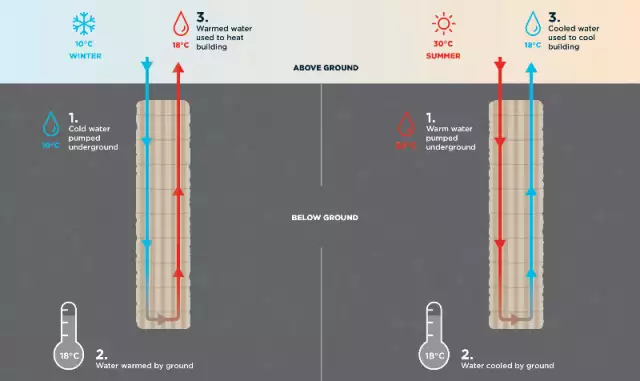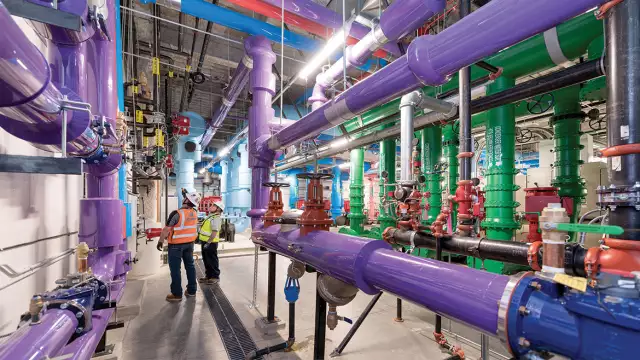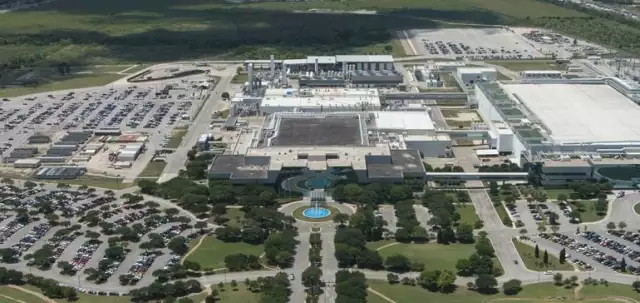US Energy Dept. Closes $2.5B Loan for Three GM EV Battery Plants
US Energy Dept. Closes $2.5B Loan for Three GM EV Battery Plants
The U.S. Dept. of Energy has closed a $2.5-billion loan to support construction of three electric vehicle lithium-ion battery cell manufacturing plants for a joint venture of General Motors Corp. and South Korean battery maker LG Energy Solution—the first for such U.S. facilities under DOE's Advanced Technology Vehicles Manufacturing program, officials said Dec. 12.
The projects for the JV—known as Ultium Cells—are already completed or underway.
The company hired Southfield, Mich.-based Barton Malow as general contractor on its $2.6-billion, 2.8-million-sq-ft plant project in Lansing, Mich., an Ultium spokesperson said. Steel construction began in September and is expected to continue through the spring, with production anticipated to begin in late 2024.
Barton Malow is also working on Ultium’s $2.3-billion plant in Spring Hill, Tenn., which topped out in June and is slated to begin production in late 2023. Ultium announced plans this month to further expand the Tennessee plant with another $275-million project that would increase its capacity from 35 GWh to 50 GWh.
Barton Malow also worked on the company’s Warren, Ohio, plant, which started phased production in August and and is set to fully operate in late 2023. Plant operations workers voted this month to unionize with the United Auto Workers.
The projects are expected to support a combined 6,000 construction jobs, DOE officials said.
DOE offered Ultium in July a conditional loan commitment to boost the manufacturing of large-format pouch-type battery cells that use nickel-cobalt-manganese-aluminum chemistry, which the agency says can improve vehicle range at reduced cost. The aim is to support the Biden administration's goals of achieving net-zero emissions by 2050, and having EVs account for half of all new vehicle sales by 2030.
Energy Secretary Jennifer Granholm said in a statement that the loan would help jumpstart domestic battery cell production, reducing reliance on overseas manufacturing.
She said building the domestic EV supply chain starts with "battery manufacturing led by American workers and the unions that support them.”
The advanced technology vehicles manufacturing program is part of DOE's Loan Programs Office that produces low-cost loans for fuel-efficient vehicle manufacturing in the U.S. The Inflation Reduction Act appropriated another $3 billion for direct loans through the program. Funding will be available through Sept. 30, 2028.
In October, President Biden also launched the American Battery Materials initiative with $2.8 billion for DOE grants supporting battery material supply chains.
